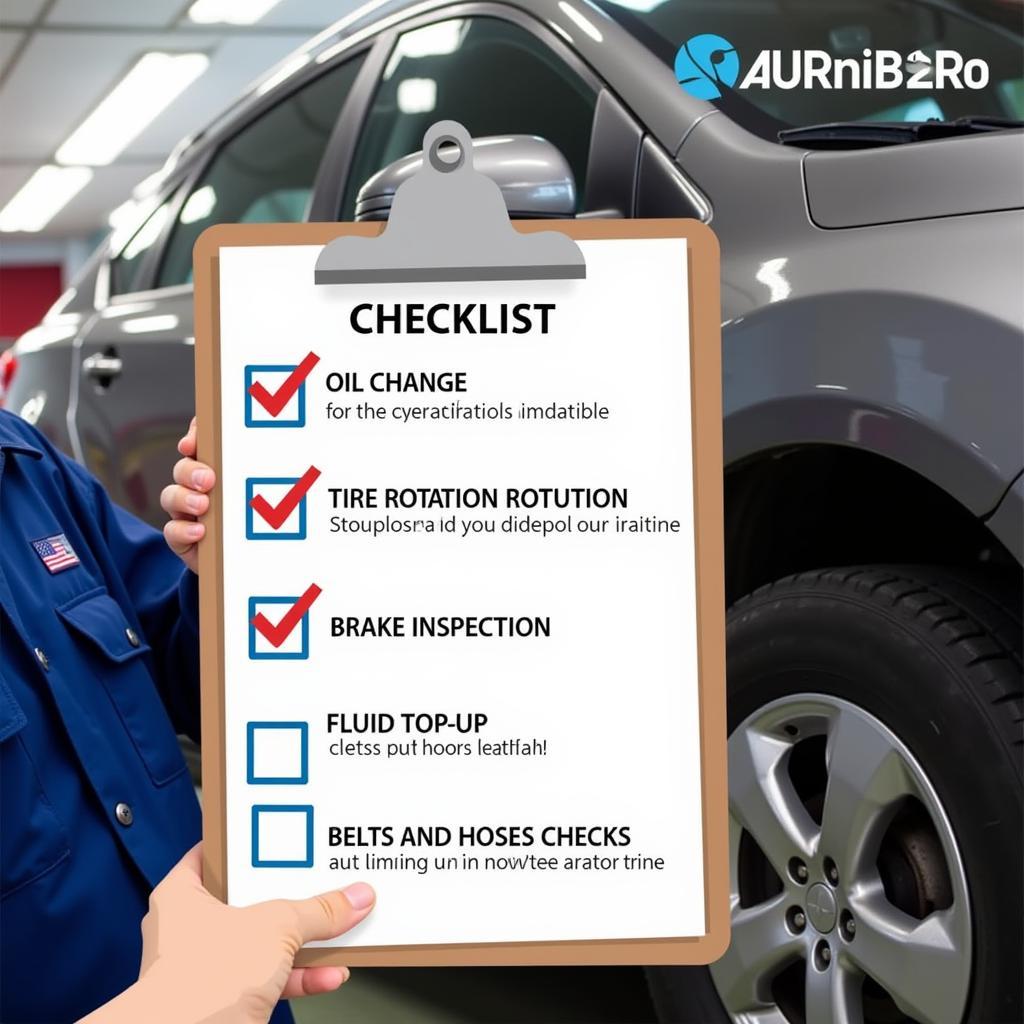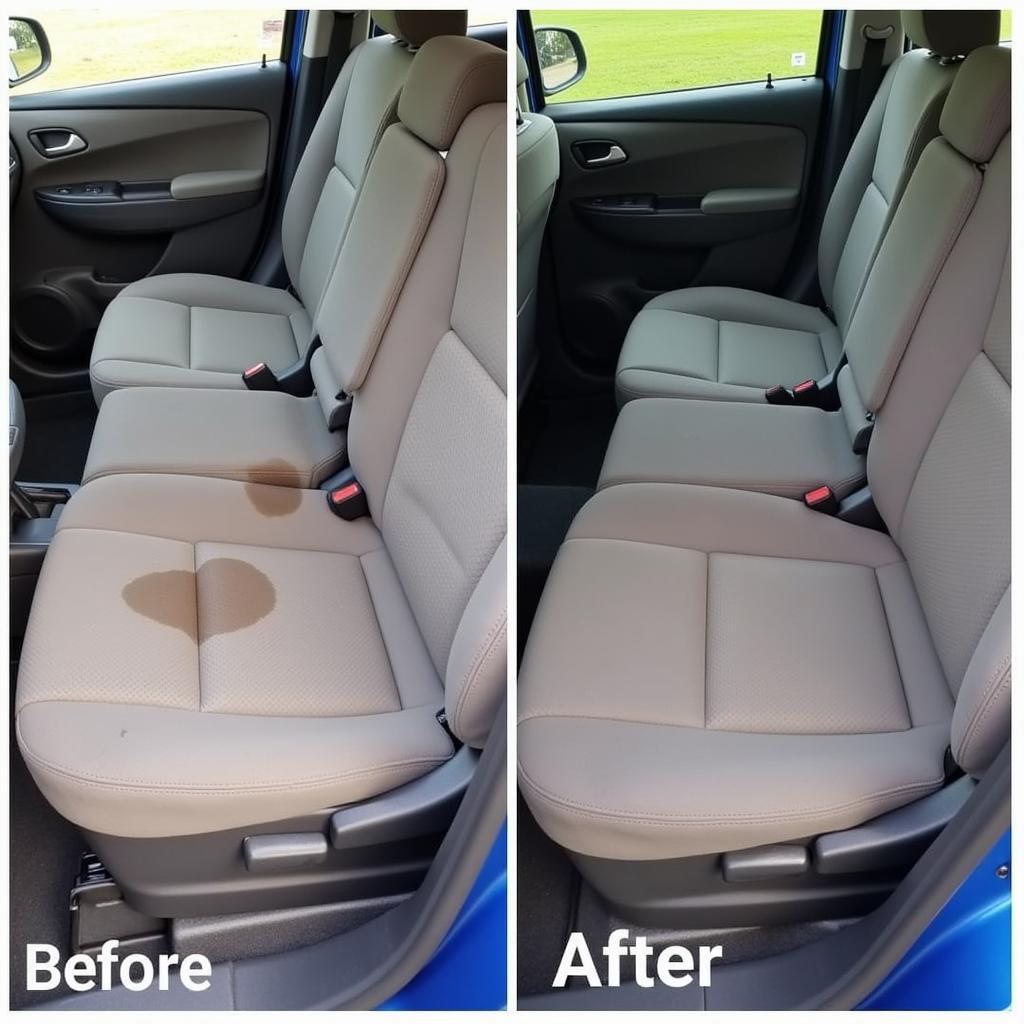Car Service Definition: Everything You Need to Know
Car service can seem like a broad term encompassing numerous procedures and repairs. This article will delve into the comprehensive definition of car service, examining its various aspects and why it’s crucial for your vehicle’s longevity and performance.
What Does Car Service Entail?
“Car service” refers to any routine maintenance or repair work performed on your vehicle to ensure it runs smoothly and safely. It’s not just about fixing what’s broken but also about preventative measures that can save you time, money, and potential headaches down the road.
Types of Car Services
Car services can be broadly categorized into two types:
1. Routine Maintenance
This encompasses scheduled service intervals recommended by your car manufacturer. These services focus on preventative care and typically include:
- Oil and Filter Change: Essential for engine lubrication and performance.
- Tire Rotation and Pressure Check: Ensures even tire wear and optimal fuel efficiency.
- Brake Inspection and Service: Vital for safe stopping distances.
- Fluid Top-ups: Maintaining adequate levels of coolant, brake fluid, power steering fluid, etc.
- Belts and Hoses Inspection: Prevents potential breakdowns and costly repairs.
 Routine Car Maintenance Checklist
Routine Car Maintenance Checklist
2. Repair Services
These are required when a specific issue arises with your car, addressing both minor and major malfunctions. Examples include:
- Engine Repair: Diagnosing and fixing engine problems.
- Transmission Repair: Addressing issues with gear shifting and power delivery.
- Electrical System Repair: Troubleshooting problems with wiring, battery, alternator, etc.
- Suspension and Steering Repair: Ensuring smooth handling and a comfortable ride.
- Heating and Air Conditioning Repair: Maintaining a comfortable cabin temperature.
 Car Repair Services in Progress
Car Repair Services in Progress
Why is Regular Car Service Important?
Regular car service, both routine maintenance and timely repairs, offers numerous benefits:
- Safety: Ensures your vehicle operates safely and reliably, reducing the risk of accidents.
- Reliability: Minimizes the chances of unexpected breakdowns and costly repairs.
- Longevity: Regular maintenance significantly extends the lifespan of your vehicle.
- Performance: Keeps your car running at peak performance, ensuring optimal fuel efficiency and a smoother ride.
- Resale Value: A well-maintained car with a documented service history commands a higher resale value.
Understanding Car Service Intervals
Your car’s owner’s manual outlines the recommended service intervals. However, several factors can influence how often your car needs servicing:
- Mileage: Higher mileage typically requires more frequent maintenance.
- Driving Conditions: Harsh driving conditions, like extreme temperatures or rough terrain, can necessitate more frequent service.
- Driving Habits: Aggressive driving styles can put more stress on car components, requiring earlier service.
Choosing the Right Car Service Provider
Selecting a reputable and reliable car service provider is crucial. Consider the following factors:
- Certifications and Experience: Look for ASE-certified mechanics or shops with proven experience.
- Customer Reviews: Online reviews can provide valuable insights into the quality of service.
- Transparency and Communication: Choose a provider who clearly explains the work needed and provides detailed invoices.
- Warranty: Reputable shops often offer warranties on their work, providing peace of mind.
car service and repair costs definition
Conclusion
Understanding the definition of car service and its significance is vital for every car owner. Regular maintenance and timely repairs are not just expenses but investments in your vehicle’s safety, longevity, and performance. By adhering to recommended service intervals and choosing a trustworthy service provider, you can ensure your car remains a reliable and enjoyable mode of transportation for years to come.
FAQs about Car Service
1. How often should I get my oil changed?
While the traditional recommendation was every 3,000 miles, many modern cars can go 5,000-7,500 miles between oil changes. Consult your owner’s manual for the specific recommendation for your vehicle.
2. What are some signs my car needs a service?
Common signs include unusual noises, warning lights on the dashboard, fluid leaks, vibrations, or a decrease in fuel efficiency.
3. Can I service my car myself?
While some basic maintenance tasks can be performed at home, it’s generally recommended to have your car serviced by qualified professionals, especially for more complex repairs.
4. How much does a car service cost?
The cost of car service varies widely depending on the type of service, your vehicle’s make and model, and the service provider.
car leasing rules about services
5. Is it necessary to follow the manufacturer’s service schedule even if my car seems to be running fine?
Yes, adhering to the manufacturer’s service schedule ensures your car receives preventative maintenance that can prevent potential problems and maintain its warranty.
6. What should I look for in a car service history?
A comprehensive service history should document all maintenance and repair work performed on the vehicle, including dates, mileage, parts replaced, and the service provider’s information.
7. How can I find a reliable car service provider in my area?
Ask for recommendations from friends, family, or online communities. Additionally, you can search for ASE-certified shops or check online reviews for reputable providers in your area.
Need help finding the right car service? Contact us via WhatsApp at +1(641)206-8880 or email us at [email protected]. Our 24/7 customer support team is here to assist you.

